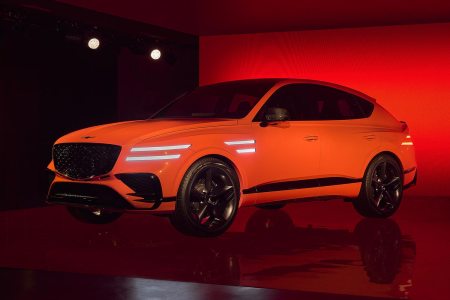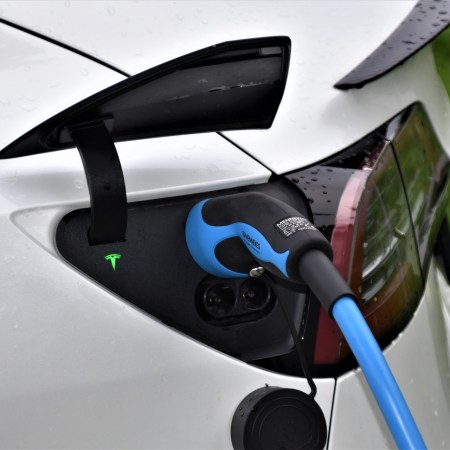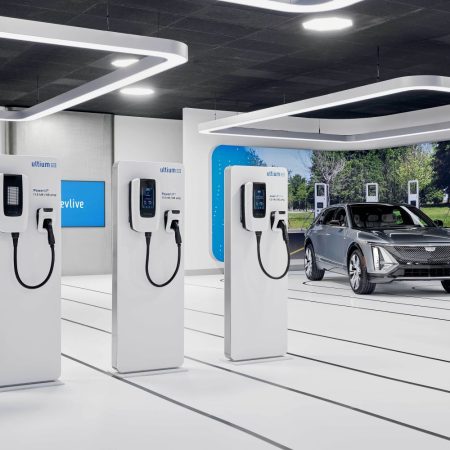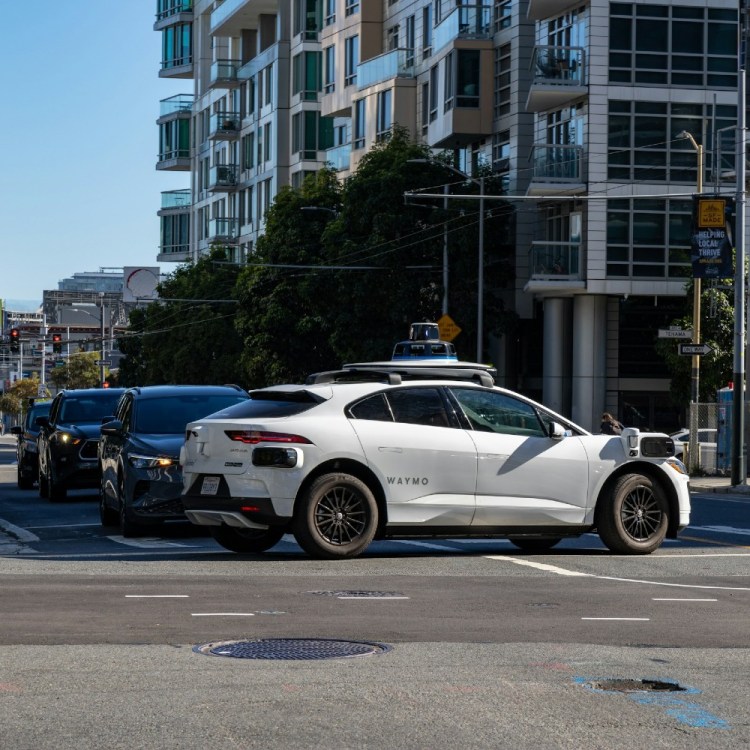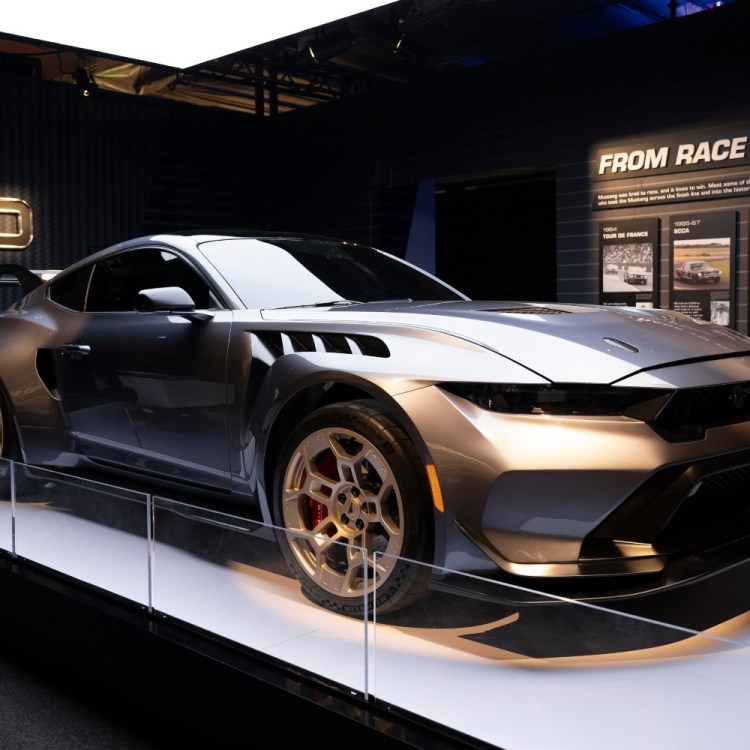If you’re planning on buying an electric vehicle this year and are looking forward to the prospect of getting a $7,500 tax credit, it might be worth double-checking the fine print. The U.S. government recently announced certain guidelines for the aforementioned tax credits, some of which have to do with manufacturing locations and materials used — and it turns out that fewer vehicles are eligible than some buyers (or automakers) might have hoped.
According to a recent Bloomberg article, only 10 electric vehicles and plug-in hybrids qualified for the full amount of the tax credits, some of which won’t be available until later in the year. Among the qualifying vehicles were the Tesla Model 3, the Chevrolet Bolt and the Ford F-150 Lightning.
There are some caveats to this — there’s been some confusion over whether or not Volkswagen’s ID.4 qualifies for the full $7,500, for instance. Earlier this week, The Verge reported that it would qualify; according to Bloomberg, Volkswagen “is awaiting documentation from a supplier.” All of which means that that group of 10 could soon become larger.
Genesis Stuns, Ram Electrifies and Hyundai Goes Disney at the 2023 New York Auto Show
The eight best vehicles at the event, which runs through April 16, include a humongous electric truck and ferocious new MustangIn the meantime, it’s probably worth bookmarking FuelEconomy.gov if you’re thinking about buying an electric vehicle or hybrid in the years to come. And, as the example of the ID.4 shows, the list of qualifying vehicles is one that will be updated constantly, and could differ from day to day. For what it’s worth, the ID.4 does seem to be showing up as qualifying for the full $7,500 now, if I’m reading this table correctly — further evidence of the uncharted territory we’re heading into here.
Thanks for reading InsideHook. Sign up for our daily newsletter and be in the know.

